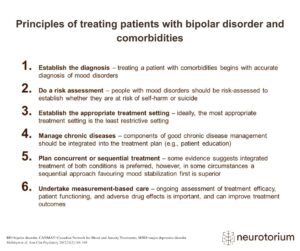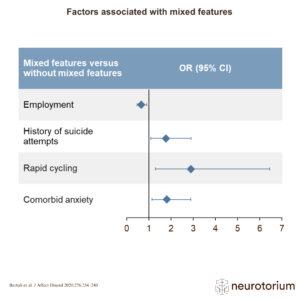Tricyclic antidepressants (TCAs) are a group of drugs used to treat affective, or ‘mood’, disorders. Side effects of the TCAs include sedation, caused by histamine H1 receptor blockade; postural hypotension, due to α adrenoreceptor blockade; and blurred vision, dry mouth and constipation, due to muscarinic acetylcholine receptor blockade.1
Click here: Discover the role of tricyclic antidepressants in depression treatment





